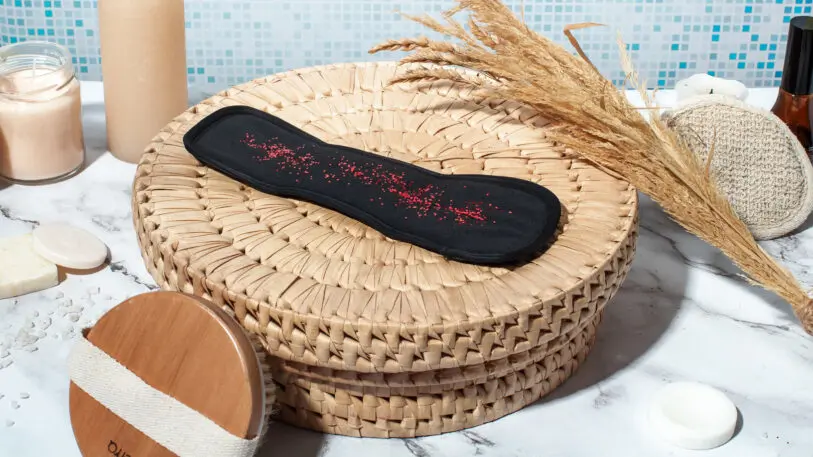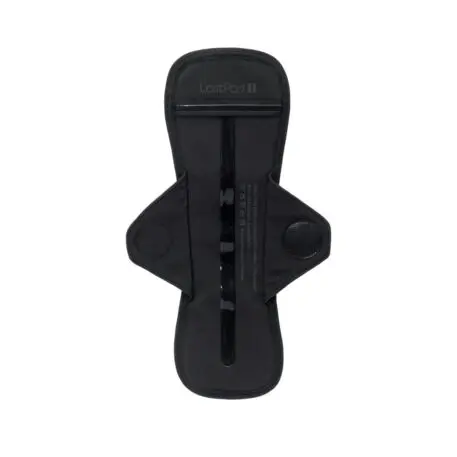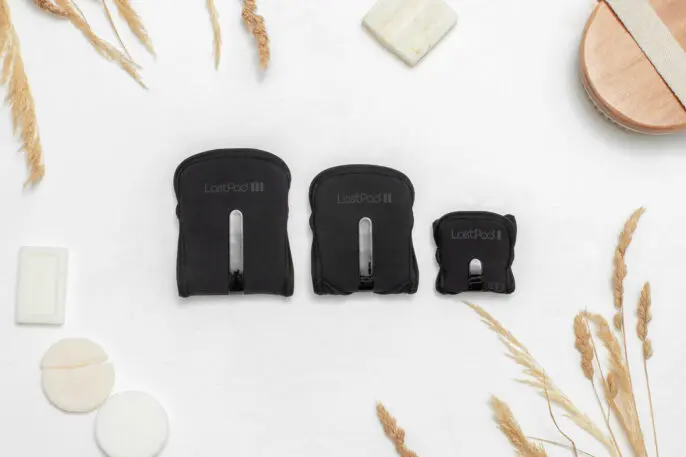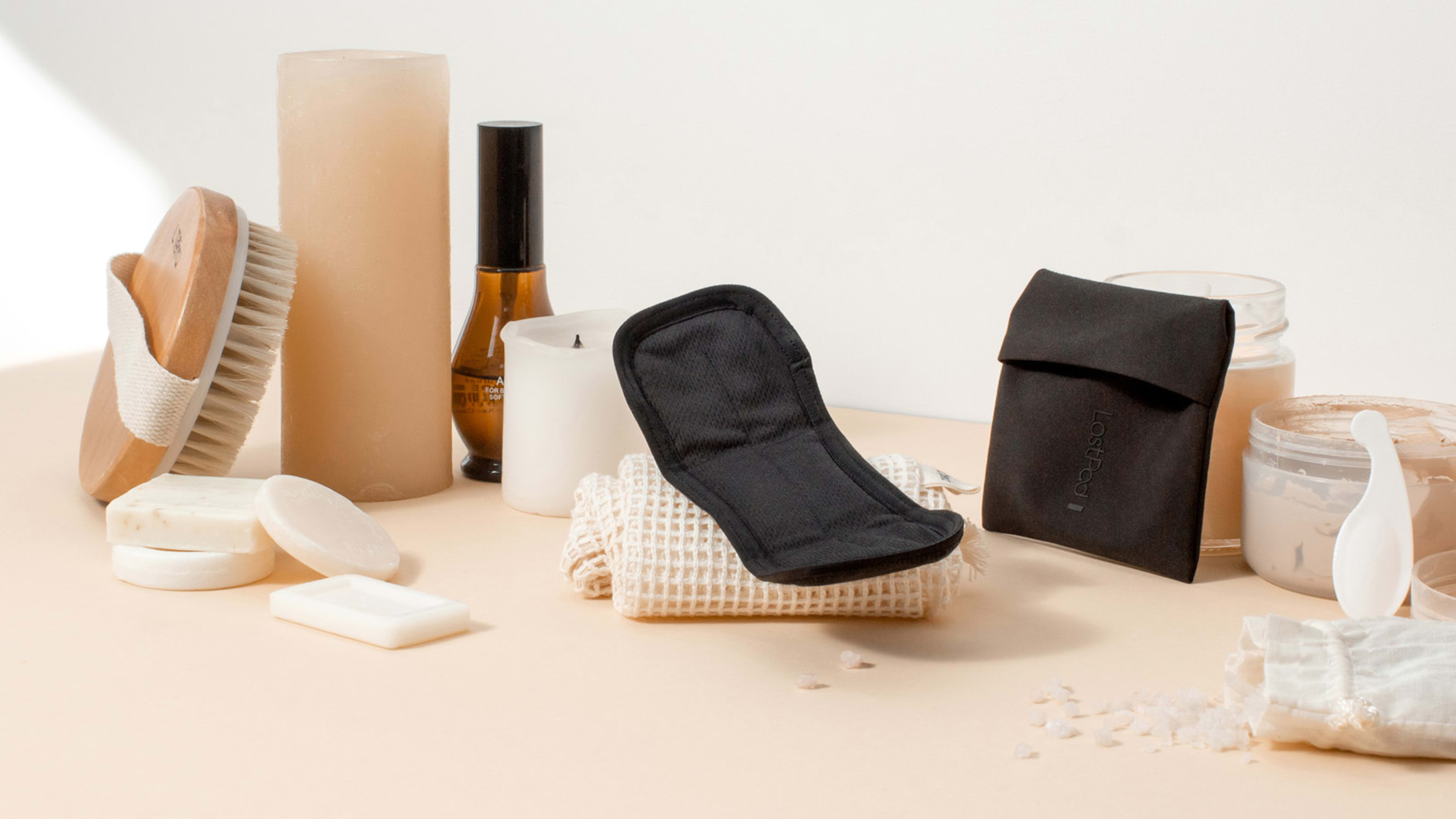Periods produce a lot of trash: In the U.S. alone, around 50 billion disposable pads and tampons end up in landfills each year. In China, another 140 billion-plus pads are thrown out annually. The products come with a lot of plastic, from the various synthetic layers in pads to tampon applicators, polyester strings, and wrappers.
The scale of the challenge led LastObject, a Danish startup that focuses on reusability, to focus on the menstrual pad for its next product. The company, which launched its first product in 2019 (a reusable alternative for a cotton swab), exists to redesign the universe of single-use products. “We started looking at our own use of single-use items throughout a normal day, and were inspired by the thought of being able to design one thing that would replace thousands of something else,” says founder Isabel Aagaard.

Still, LastObject’s team saw the need for another choice. Period panties, for example, can be awkward to use. “The problem for me, at least, was that when I go to the bathroom I have to pull up wet panties, or I have to take all my clothes off at work and have a new pair of underwear in my bag to put that on,” Aagaard says. Someone who isn’t bleeding much might not want to want to use a menstrual cup; others might want use a pad in addition to a menstrual cup to catch leaks. And existing reusable pads, typically made from cotton, often are uncomfortable to wear because they feel wet.


In places like Europe, where new laws are trying to reduce the production of single-use plastic, policies may help support the move to reusable menstrual products. But the shift is also happening because consumers are aware of the problem. “We started three years ago, and people thought I was pretty crazy to reuse a Q-tip, but everybody now is like no, you know, that makes sense,” says Aagaard. The pad was fully funded within hours when it launched on Kickstarter. Within a matter of years, she believes it could be possible to shift fully away from single-use products of all kinds. “My son is a year old,” she says. “I don’t think that he’s going to grow up with single use.”
Recognize your brand’s excellence by applying to this year’s Brands That Matter Awards before the early-rate deadline, May 3.
